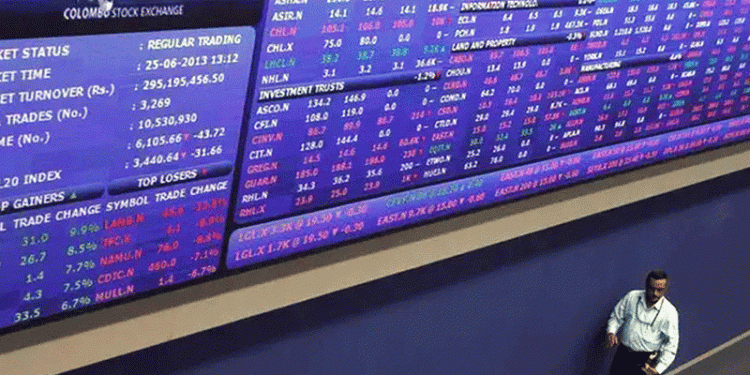(Bloomberg) — The first interest-rate hike by Indonesia since 2014 might slow the pace of capital outflows, but foreign investors are unlikely to have a change of heart about the nation’s assets anytime soon.
Global funds have dumped a net $2.3 billion of sovereign bonds since the end of March, set for the biggest quarterly withdrawal based on data compiled from 2009, and pulled $1.2 billion from shares amid a rout in riskier assets. The stampede for the exits sent the rupiah to a 31-month low on Wednesday and left the benchmark yield trading near its highest in 14 months.
“This interest rate increase is probably enough to slow the outflow but it’s certainly not enough to reverse the selling pressure,” said John Teja, director at PT Ciptadana Sekuritas. “The central bank and the government really have to restore confidence in the rupiah and the economy,” he said, predicting a 25-basis point hike in the rate in the second half.
Hardening yields, a stronger dollar and sliding stocks are fast becoming an uncomfortable cocktail for investors across assets. Bank Indonesia Governor Agus Martowardojo said the central bank stands ready to add to Thursday’s 25-basis point rate increase as it stays vigilant to global risks.
The Federal Reserve is poised to add to its six rate increases since December 2015 as soon as next month, and concerns of a faster tightening pace have propelled the to more than 3 percent. Bank Indonesia said it anticipates the U.S. authority to hike three times in 2019, on top of expectations for a total of four increases this year.
Foreigners own about 38 percent of the sovereign bonds in Indonesia, among the highest of Asian emerging markets, making it susceptible to capital outflows. To preserve the yield appeal, the central bank may be persuaded to tighten again in two to three months, according to PT Sinarmas Sekuritas.
The yield on the benchmark government bond has risen 54 basis points this quarter to 7.215 percent, set for the biggest quarterly increase since December 2016. It reached a 14-month high of 7.39 percent on May 9.
“I don’t think our market can decouple from external forces,” Jeffrosenberg Tan, head of investment strategy at PT Sinarmas Sekuritas, said by phone. “This rate increase will not stop foreign investor outflows from our sovereign bond market. It may provide some relief and temporarily restore some confidence.”
Fusion Media or anyone involved with Fusion Media will not accept any liability for loss or damage as a result of reliance on the information including data, quotes, charts and buy/sell signals contained within this website. Please be fully informed regarding the risks and costs associated with trading the financial markets, it is one of the riskiest investment forms possible.
Source: Investing.com


























